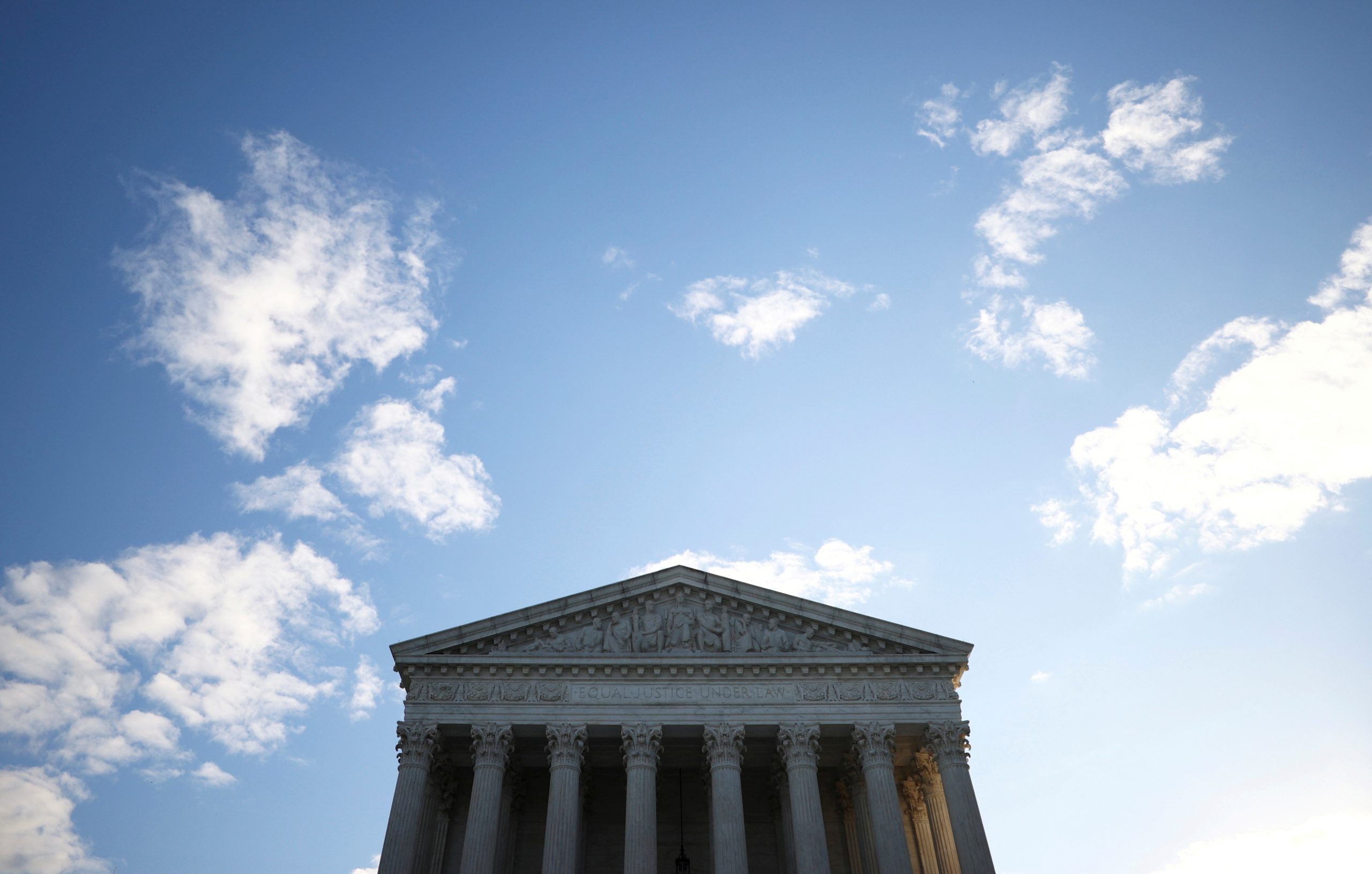
Samuel Case, FISM News
[elfsight_social_share_buttons id=”1″]
In an 8-1 ruling, the Supreme Court granted injunctive relief to a Christian student who was prevented from sharing his faith on a public college campus. Chief Justice John Roberts was the only dissenting vote.
Over four years ago, Georgia Gwinnett College reprimanded and threatened to punish Chike Uzuegbunam for handing out Christian written material on campus. Uzuegbunam asked if he could share his faith without the materials, but was told he could not. The college said that he had to reserve time at one of the school’s “free speech zones” if he wished to evangelize.
Uzuegbunam later attempted to share his faith in one of these zones, but was again stopped because, as the court explained, “Campus policy at that time prohibited using the free speech zone to say anything that ‘disturbs the peace and/or comfort of person(s)’.”
The Alliance Defending Freedom filed a lawsuit against Georgia Gwinnett College on behalf of Uzuegbunam. As a result, the school changed it’s policies, but Uzuegbunam had already graduated and was not given damages by the lower courts for the violation of his rights. The college was sued for nominal damages of $1, which, to the lower courts, was not an amount significant enough to justify a lawsuit. The majority of the Supreme Court disagreed, with only Roberts siding with the lower courts.
In the majority opinion, Justice Clarence Thomas wrote, “Uzuegbunam experienced a complete violation of his constitutional rights when respondents enforced their speech policies against him. Nominal damages can redress Uzuegbunam’s injury even if he cannot or chooses not to quantify that harm in economic terms.”
Nominal damages are defined as follows –
A trivial sum of money awarded to a plaintiff whose legal right has been technically violated but who has not established that they are entitled to compensatory damages because there was no accompanying loss or harm. Unlike compensatory damages which are intended to compensate for injury, nominal damages are awarded to commemorate the plaintiff’s vindication in court.
The Alliance Defending Freedom argued that these damages were sought because, “government officials should not be able to violate someone’s rights and then walk away as if nothing happened.”
